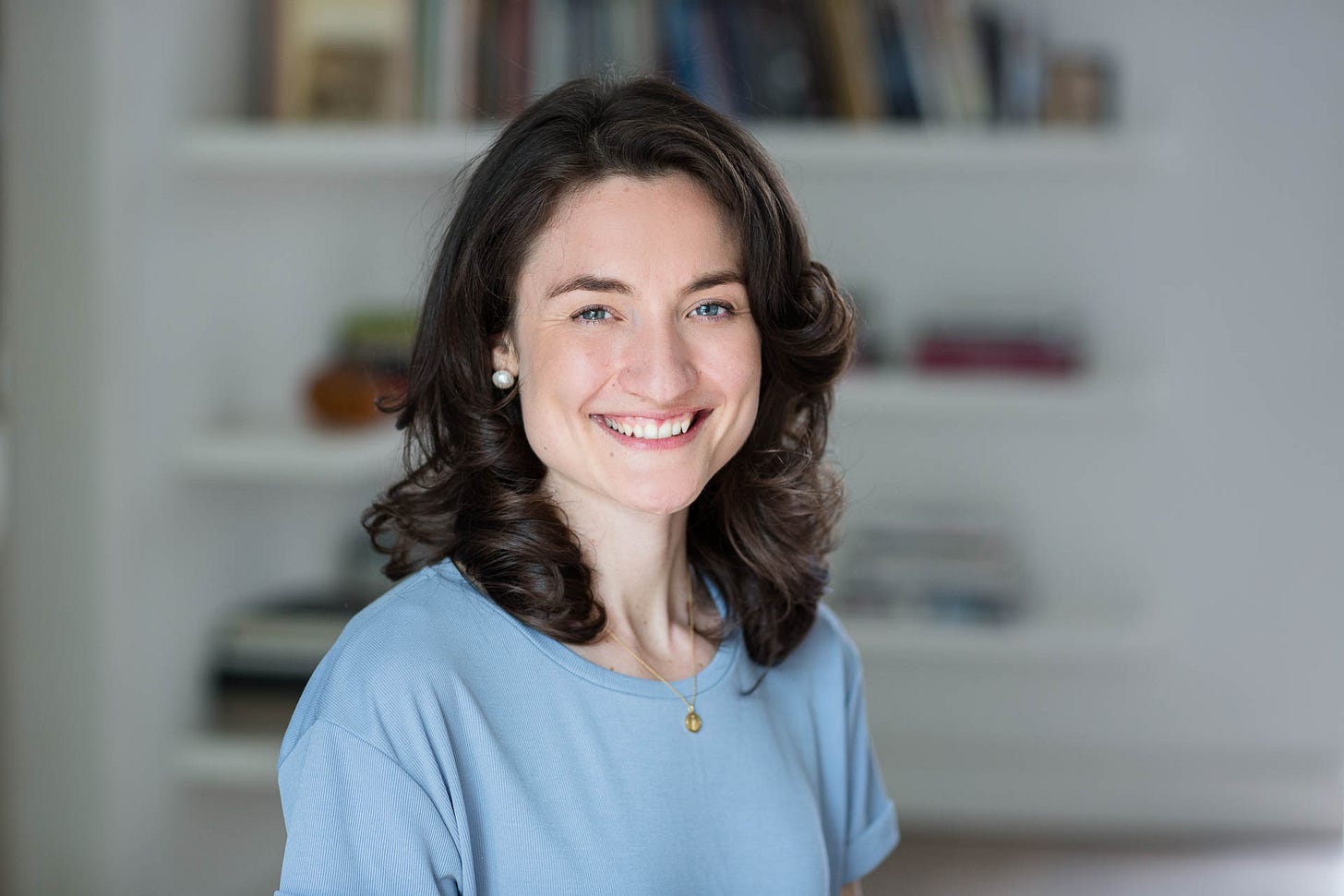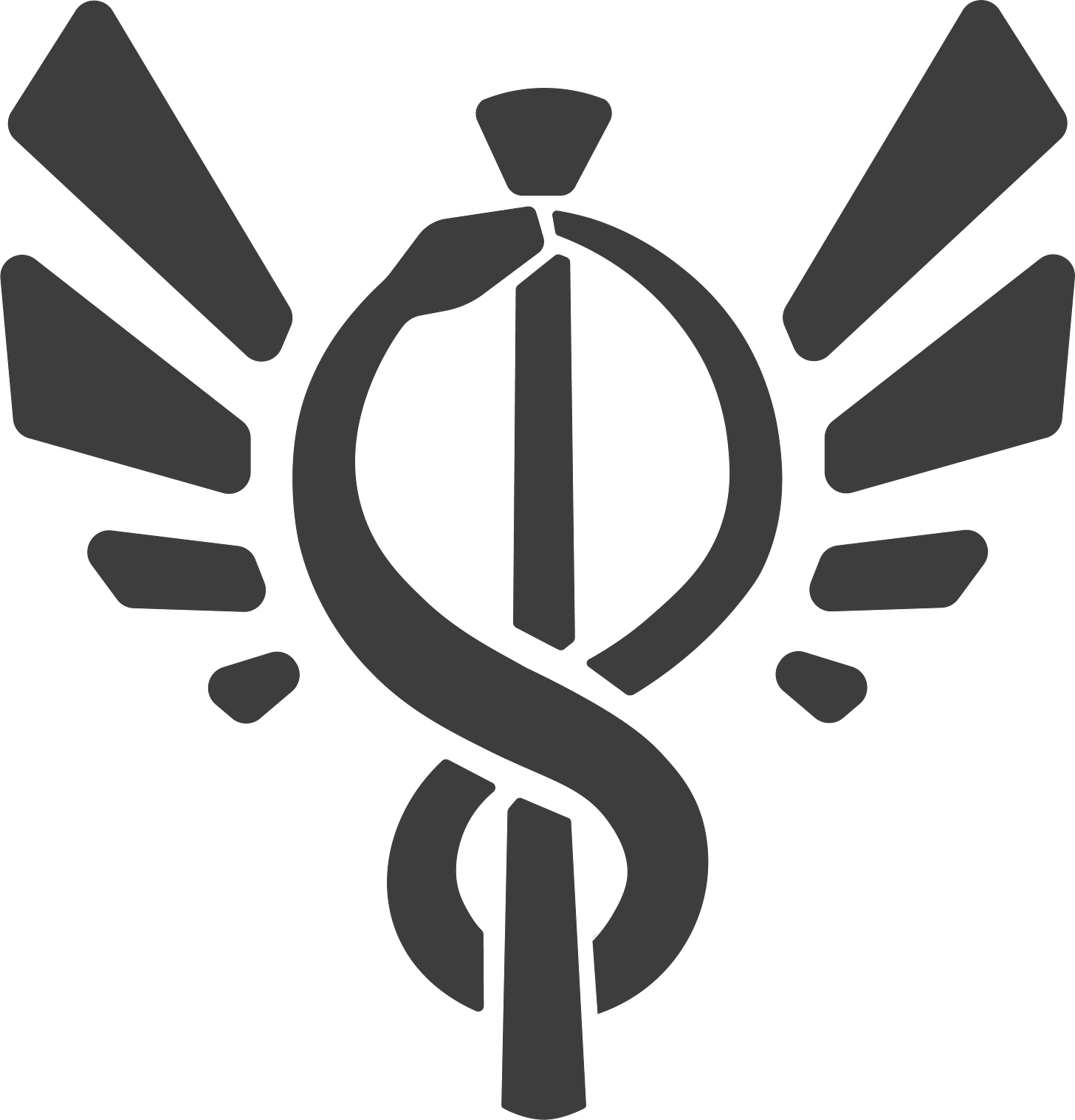Hello to those who’ve recently joined!
… and a happy new year to all of you, thanks for your on-going support 💗
I’m Dr Bramley, a holistic doctor specialising in Integrative and Functional medicine.
“Functional medicine” promotes the harmonious function of bodily systems, as an integrated whole. It’s a root-cause, food-as-medicine approach to health.
“Integrative medicine” sets out to re-integrate the parts of you and your life that have lost their inherent cohesion. I don’t just focus on disease, I cast a broad net to hold everything that contributes to health.
This includes mind, body and spirit, as well as factors such as our environment, community, public policy and social values. It’s about empowering you to show up for life in a way that heightens your wellbeing, resilience and vitality.
This empowerment is driven through the integration of both knowledge and wisdom.
On my website, I summarise my offering as combining “cutting-edge science with the wisdom of ancient healing”.
In actuality, I equally prioritise ancient science and cutting-edge wisdom.
Science is fuelled by the pursuit for knowledge; many ancient traditions have incredible health knowledge, obtained through the scientific process - the very word ‘Ayurveda’ means ‘life’ (ayur) ‘knowledge’ (veda).
Wisdom is about letting go of rigid theories and connecting deep into your intuition, through an open heart and mind. It’s as cutting-edge as it gets.
Your consciousness has immeasurable streams of information flowing through it, sourced from both knowledge and experience.
Your wisdom allows you to make best use of this.
In my last post I argued that it’s virtually impossible to attain true health unless you kick your intuition, your innate wisdom, into gear. We now have increasing amounts of health knowledge, but this can lead people into fear or a sticky mess trying to apply it all.
Whereas your intuition knows exactly what your unique body needs to heal and thrive in each moment.
I got unwell towards the end of medical school, which was terrible timing because I had maximal, freshly-studied medical knowledge - but a relative lack of experience. I came up with all sorts of weird and wonderful diseases to explain what was going on with me. With trust in my intuition, I would have saved myself a lot of worry.
As it stands there’s no training to help doctors develop their clinical intuition. The idea that it’s even a thing is still debated, even though the best doctors I know all refer to “gut feelings” or “eyeballing” a patient to immediately tell what’s up.
My training seemed to actively close off my intuition - rote learning protocols and diagnostic criteria, neglecting anything that lacked solid empirical data.
Given the complexity and individuality of each person, using medical knowledge alone is like having your doctor suture your face with one arm tied behind their back. That’s why I've been actively working to untie my other arm, develop my intuition, so I can best support my clients to grow, heal and succeed.
This has been an unfolding process. At times, especially under stress, I still get floored trying to translate the mushy waves of sensory inputs coming from my body into words, let alone a coherent answer.
However, I'm going to share a few things I've learned along the way, because I strongly believe that developing your intuition is going to improve your health; not only that, it’ll lead to better choices across the whole of your life.
1 : Take care of your health
Vice versa, better health can enhance your intuition! That’s why taking care of your physical, mental, emotional and spiritual health is a great place to start.
Intuition thrives in a spacious, calm and energised body, as opposed to a contracted, unwell, worn down and nutritionally depleted one.
My HeartMath training taught me that DHEA, a hormone I regularly test for, is associated with enhanced intuition. This makes sense, since higher DHEA is also associated with enhanced creativity, thinking, resilience and mood.
Long-term stress, from physical or mental causes, drains DHEA levels - eventually leading to depression, numbness or overwhelm. A healthy lifestyle, including regular movement, a balanced diet, nature, sunlight and quality sleep, all help to support DHEA production - and therefore intuition!
2 : Enhance your awareness
Your intuition will usually speak to you through your senses, such as sensations or visual imagery, or sometimes you just know you know. In part that’s why I've found meditation to be the most powerful means of connecting with it.
My education trained me to live in my head; yours probably did too.
Having a constant stream of thoughts tends to drown everything else out. Meditation has heightened my awareness of the present moment, the feelings in my body and my willingness to listen.
A lot of the time we don’t want to hear the hard truths about ourselves or to realise something needs to change.
That’s why it helps to make a commitment that you’re both willing to become aware of what your intuition is telling you and that you’ll honour and trust it. This is escalated by allowing yourself to melt deeper into love.
My experience of doing this has been utter amazement at the potential within us all.
3 : Release any stored bodily tension
Blocking emotions and sensations is a door in the face to your intuition. That’s why it’s essential to clear out stored tension, as I discuss here.
If you can hear the gentle nudges of your body, guiding you towards what it needs, it won’t need to shout - in the form of pain, inflammation or disease - to be heard.
Stored tension or illness are often the result of intuitive messages that have been long ignored. It massively drains your energy doing this.
4: Have a structure for accessing intuitive guidance
There’s many ways of doing this, but to kick things off it can help to form a succinct question, or a subject you’d like guidance on.
I often use the 'Five Part Contemplation Process' designed by Sally Kempton which suggests this as a first step. After that, let the analytical mind have its say - writing everything your existing knowledge has to say about the subject.
Meditation can then be used to facilitate a stillness, helping you drop expectations or judgement, creating a relaxed, receptive space for sensations and other impressions to arise. Alternatively, you might have your own means, such as shamanic journeying or unfiltered journalling.
Once you’re still, gently direct your attention to your focus area, hold in this stillness allowing intuition to arise in whatever form, then write or draw any insights that come to you. Often it’s symbolic, just like in dreams.
5 : Learn to recognise how ‘yes’, ‘no’ and ‘undecided’ feel
A friend recently gave me a vivid description of his intuitive responses to each of these, in his captivating Liverpudlian accent. A ‘no’ in his body feels like he’s just been driven over by a steamroller, a ‘yes’ is like a volcano explosion and ‘undecided’ is like a balloon deflating.
Now it’s your go!
Ask yourself, ‘what does a no feel like in my body’ or ‘body, show me a ‘no’’.
Alternatively, think of time you did something that with hindsight was a terrible idea; imagine you’re in that situation now, until your body starts to really believe it’s there.
What do you notice? Is there visual imagery, or changes in your sensations - if so where in the body and what kind of change, such as heaviness or lightness, warmth or cold, tension, breathing changes?
For me it’s usually a contraction in my arms and a drop in energy.
Then do the same for a situation that’s been a bit ‘meh’, and finally for a time where every bit of you was absolutely raring to go and it’s all worked out brilliantly. Finally validate your recognition of this, saying something like “thank you, I see/feel/hear/smell/taste/know that is a YES’
6 : Be able to distinguish intuition from your noisy mind
Have you ever craved food when you’ve felt stressed, such as eating sugary foods in response to an uncomfortable emotion?
Compare this to a time when your body gently nudges you that it’s time for lunch.
For me, intuitive messages have a level-headed manner to them, even when it’s a gut-wrenching ‘no’. They also tend to arise and then go on their way again, like the nudge for lunch, thereby evoking a response rather than an emotional reaction.
These responses lead to outcomes which are the best for everyone involved. The further I explore intuition, it really does seem to be fuelled by love.
In contrast, the noisy mind often keeps poking at me for attention, bringing me away from presence and causing me to get swept up in other thoughts. Behind it I can often identify a fear-based reaction, either to an external trigger or an internal agitation, like the urge to eat when stressed. It’s focused on ‘I, me, mine’, creating more fear.
As your discernment increases, an intuitive ‘no’ feels very different to fear.
7 : Learn through experience
Intuition is an experience, so that’s the best way to develop it.
I suggest doing this through your lifestyle, such as using intuitive eating, intuitive movement and intuitive connection with nature.
One of my favourite things to do is to go into a supermarket and get in tune with what my body is telling me to eat. For example, usually I adore avocados but right now they’ve been a no-go.
This means no foods are out of bounds for me; I’ll happily eat delicious bites that others might describe as ‘toxic’, all the while remaining acutely aware of when my body says ‘done, any more will harm you’. I also listen for ‘you’re full now’, whatever i’m eating.
But beware as there can be a lot of competing signals to sort through!
Studies show that the composition of your microbiome can influence the types of food you feel drawn to1. Additionally, high sugar foods increase opioids in the brain2 - like heroin. But through the chaos of these impulses, into the silence behind them there’s a calm, loving answer if you ask ‘what food will best support you right now?’
Finally, remember:
You are a powerful, intuitive being
Your body isn’t going wrong
It’s calling you into true health
Listen and allow it to
Rezzi S, Ramadan Z, Martin FP, Fay LB, et al. Human metabolic phenotypes link directly to specific dietary preferences in healthy individuals. J Proteome Res. 2007;6:4469–77.
Avena, N.M., Rada, P. and Hoebel, B.G., 2008. Evidence for sugar addiction: behavioral and neurochemical effects of intermittent, excessive sugar intake. Neuroscience & Biobehavioral Reviews, 32(1), pp.20-39.







